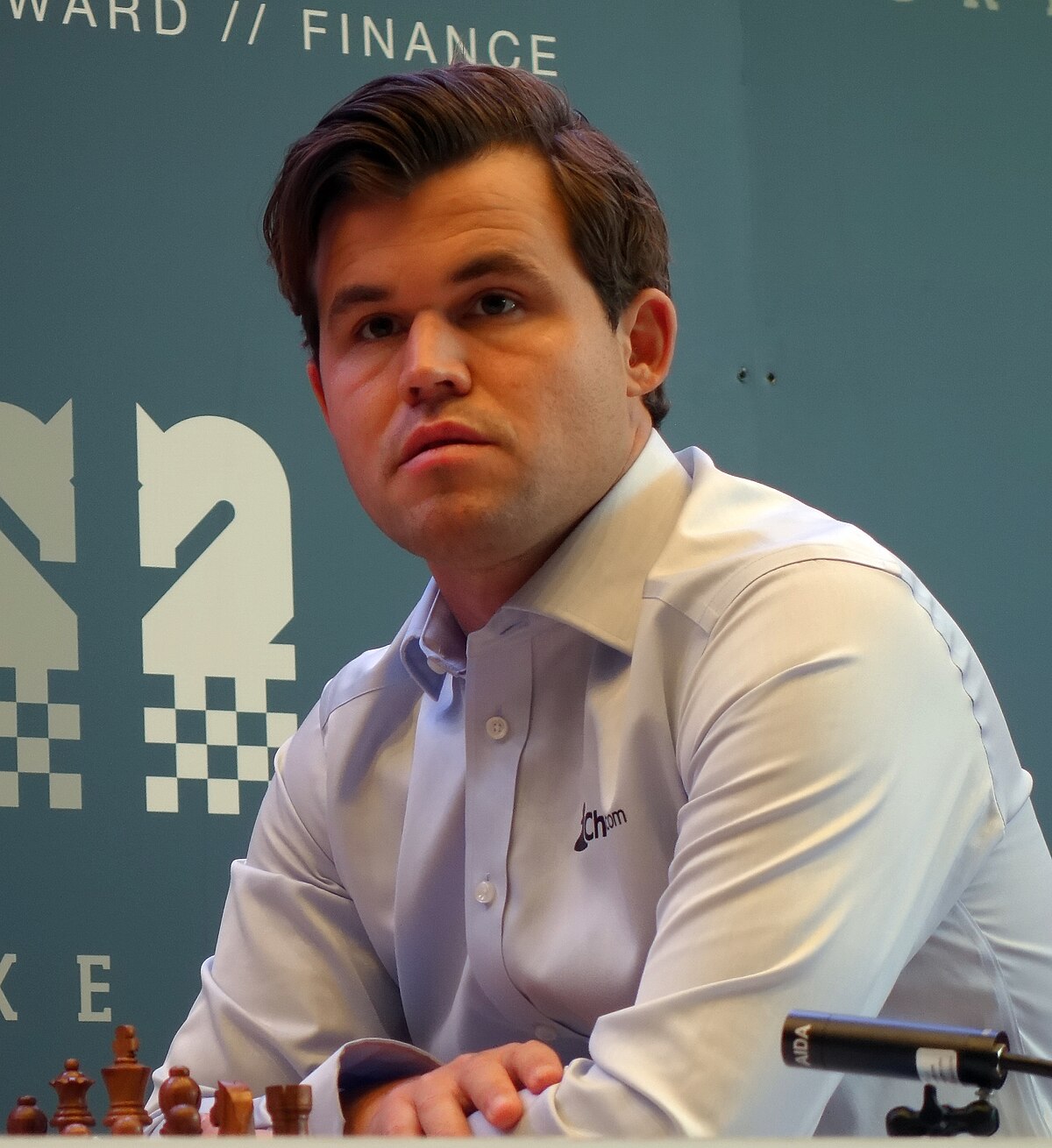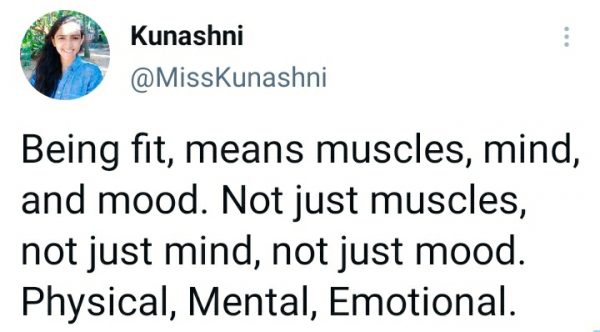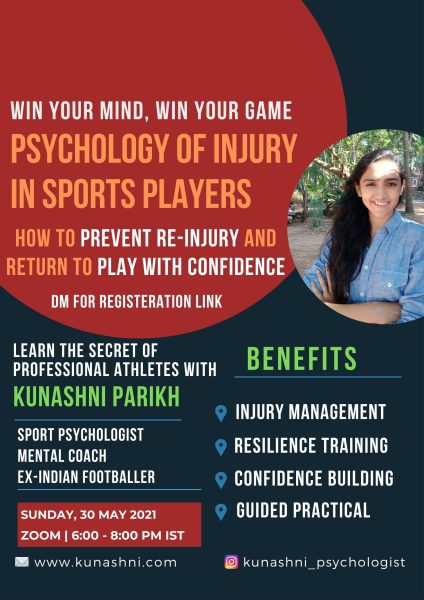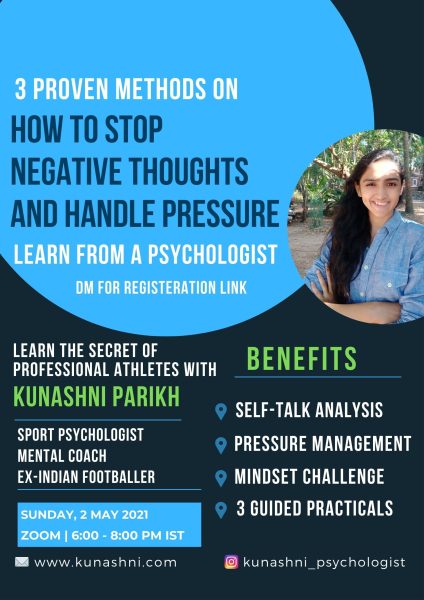In the high-stakes world of competitive chess, even the greatest minds can falter—not from lack of skill, but from a collapse in mental regulation. When Magnus Carlsen, arguably the world’s most brilliant chess player, was eliminated from a major tournament after losing to young prodigy Praggnanandhaa, his candid explanation revealed a truth that transcends chess and speaks to a fundamental aspect of human performance.
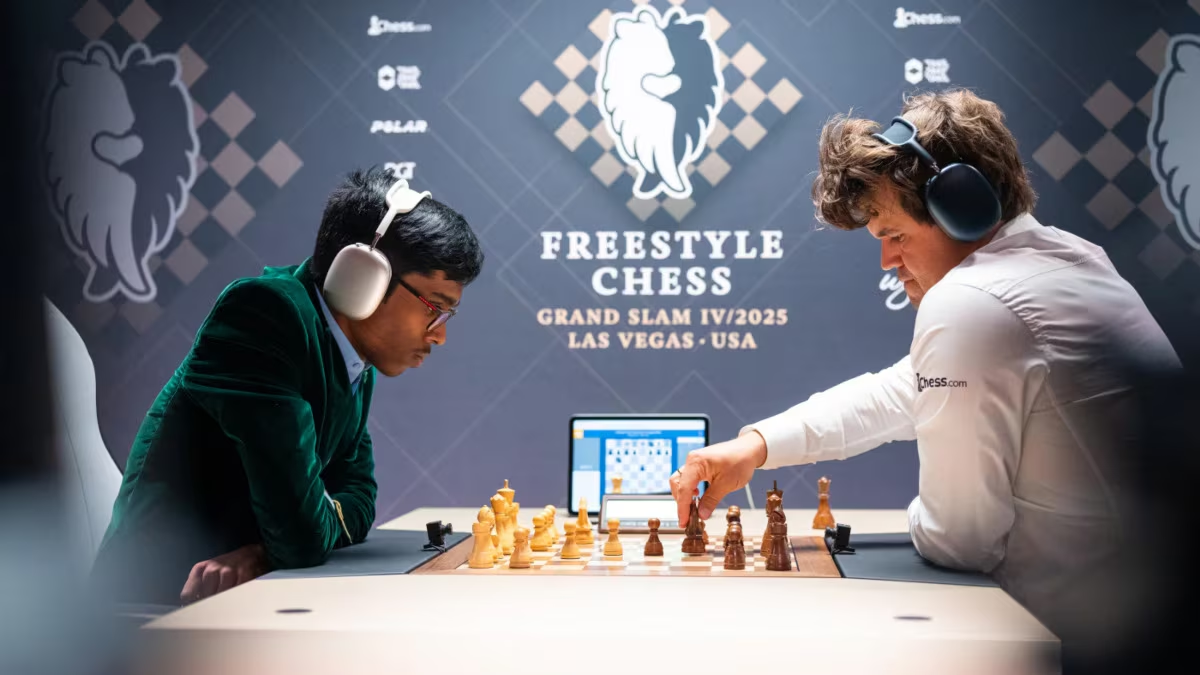
The Momentary Collapse of a Champion
“I didn’t enjoy the whole process of just being pretty isolated there,” Carlsen admitted in his post-match interview. “Not being able to talk to Peter (his coach) or Ella (his wife) in between rounds, and not being able to use my devices… it was kind of a complete collapse of my nervous system.“
Here was a five-time World Chess Champion, a player whose genius is undisputed, acknowledging that his performance crumbled not because of inferior strategy or skill, but because he couldn’t access his usual support systems. This confession from one of the greatest minds in competitive sports reveals a critical truth: genius alone isn’t enough when your mental foundation depends on external factors.
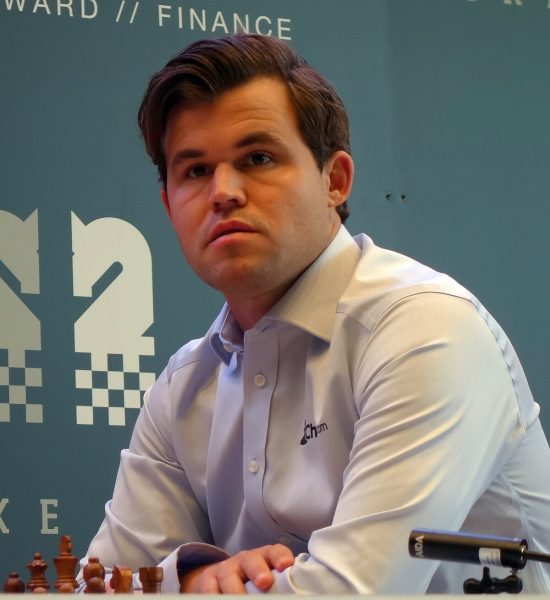
The Neuroscience of External Dependency
From a neuroscientific perspective, Carlsen’s experience illustrates a phenomenon that affects millions of high performers. When we become dependent on external regulation—whether through loved ones, devices, or environmental distractions—our brain’s natural stress response system begins to atrophy.
The prefrontal cortex, our brain’s executive control center, is designed to manage anxiety and regulate emotions internally. However, like any system in the body, it follows the “use it or lose it” principle. When we consistently outsource our emotional regulation to external sources, this internal capacity weakens, leaving us vulnerable when those supports aren’t available.
Research in neurobiology shows that this dependency creates a negative feedback loop:
- The more we rely on external soothing, the less our brain practices self-regulation
- The weaker our self-regulation becomes, the more we seek external support
- Eventually, we become psychologically dependent on conditions we can’t always control

The Power of Internal Regulation
Contrast Carlsen’s experience with that of D. Gukesh, the young Indian grandmaster who has been making waves in the chess world. Between moves, while other players fidget or look around anxiously, Gukesh simply closes his eyes, apparently entering a meditative state. No phone needed. No conversation required. Just him and his trained ability to regulate his nervous system.
This isn’t a natural gift—it’s a trained skill. Research published in leading neuroscience journals demonstrates that practices like meditation and controlled breathing activate the parasympathetic nervous system within minutes. This activation produces the same calming neurochemical cascade that we typically seek from social support or digital distractions, but with one crucial difference: it’s entirely within our control.
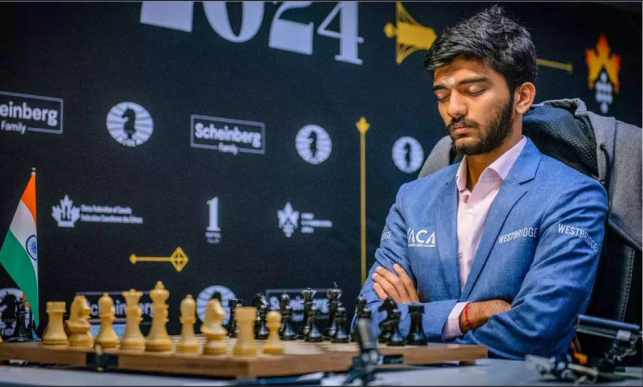
The Inner Fortress Protocol: Building Mental Independence
Based on performance psychology research and the practices of elite athletes, here’s a systematic approach to developing the mental independence that even genius cannot replace:
Step 1: Daily Solitude Training (5 minutes)
Start with just five minutes each day of complete solitude—no devices, no distractions, no external inputs. Sit quietly and observe your thoughts without trying to control them. This simple practice begins rewiring your brain to tolerate and even thrive in isolation.
Why it works: This controlled exposure to solitude strengthens your prefrontal cortex’s self-regulation circuits, similar to how controlled physical stress builds muscle.
Step 2: Master One Self-Regulation Technique
Choose one internal regulation method and practice it consistently:
Option A: Box Breathing
- Inhale for 4 counts
- Hold for 4 counts
- Exhale for 4 counts
- Hold empty for 4 counts
- Repeat 4-8 cycles
Option B: Quick Coherence Visualization
- Close your eyes and imagine breathing through your heart
- Recall a moment of genuine appreciation or calm
- Hold this feeling while maintaining the heart-focused breathing
- Practice for 2-3 minutes
Option C: Body Scan Meditation
- Start at the top of your head
- Slowly move attention through each body part
- Notice without judging any sensations
- Complete scan in 3-5 minutes

Step 3: Progressive Challenge Testing
Once you’ve established a daily practice, begin testing your mental independence in increasingly challenging situations:
Week 1-2: Practice your technique in mildly uncomfortable situations (waiting in line, minor frustrations)
Week 3-4: Use it during moderate stress (before important meetings, during conflicts)
Week 5-6: Apply it in high-pressure moments (competitions, presentations, crucial decisions)
The Broader Implications
This principle extends far beyond chess or sports. In our hyper-connected world, we’ve become increasingly dependent on external validation and constant stimulation. Consider these scenarios:
- The executive who can’t think strategically without their team’s input
- The athlete who falls apart when their lucky routine is disrupted
- The student who can’t focus without specific study conditions
- The professional who panics when separated from their phone
Each represents a form of external dependency that limits true performance potential.
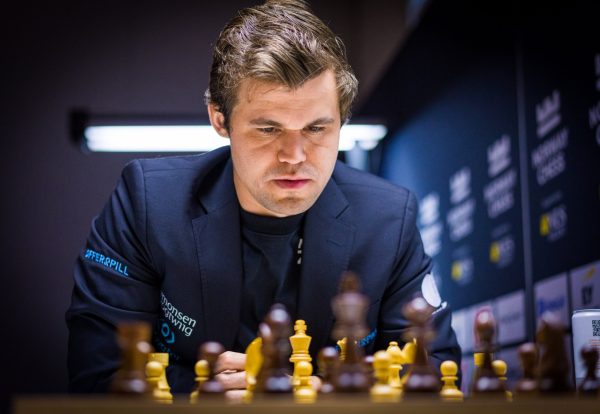
Building Your Mental Fortress
The goal isn’t to become a hermit or to reject all support systems. Rather, it’s to develop a robust internal foundationthat remains stable regardless of external circumstances. Think of it as building a mental fortress—not to keep others out, but to ensure you remain strong whether they’re present or not.
Here are practical steps to implement immediately:
Morning Mental Independence Routine
- Upon waking, spend 5 minutes in silence before checking any devices
- Practice your chosen self-regulation technique
- Set an intention for maintaining internal calm throughout the day
Midday Reset Protocol
- Take a 2-minute break from all stimulation
- Practice box breathing or visualization
- Return to activities with renewed internal focus
Evening Reflection Practice
- Spend 5 minutes reviewing moments when you felt externally dependent
- Visualize handling those same situations with internal resources
- Acknowledge progress, no matter how small
The Neuroscience of Transformation
Brain imaging studies show that consistent practice of self-regulation techniques creates measurable changes in neural structure within 8-12 weeks:
- Increased gray matter density in the prefrontal cortex (improved emotional regulation)
- Reduced amygdala reactivity (less anxiety and stress response)
- Enhanced connectivity between rational and emotional brain centers
- Improved heart rate variability (better stress resilience)
These aren’t just subjective improvements—they’re objective, measurable changes in how your brain functions under pressure.

When Solitude Becomes Strength
The most profound shift occurs when isolation transforms from a source of anxiety to an opportunity for power. Athletes who master this report feeling:
- Unshakeable confidence that doesn’t depend on conditions
- Consistent performance regardless of environment
- Reduced pre-competition anxiety
- Faster recovery from setbacks
- Enhanced decision-making under pressure

Your Path Forward
Remember, even Magnus Carlsen—with all his genius—discovered that raw talent isn’t enough when your mental foundation is externally dependent. But this vulnerability isn’t a life sentence. It’s simply a skill gap that can be filled with consistent practice.
Start today with just five minutes of solitude. Choose one self-regulation technique. Test it in small ways. Build progressively. Within weeks, you’ll begin developing the mental independence that no external circumstance can shake.
True champions aren’t those who never feel anxiety—they’re those who’ve learned to be their own calm in any storm. They’ve built an inner fortress that stands firm whether they have their phone, their coach, their comfort zone, or nothing but their trained mind.
The question isn’t whether you have the talent to succeed. The question is: Will you develop the mental independence to access that talent when it matters most?
Your genius is already within you. Now it’s time to ensure you can reach it, regardless of what’s happening around you.
Ready to build unshakeable mental independence? Start with the Inner Fortress Protocol today and discover the calm that comes from within—the one that no external force can take away.

